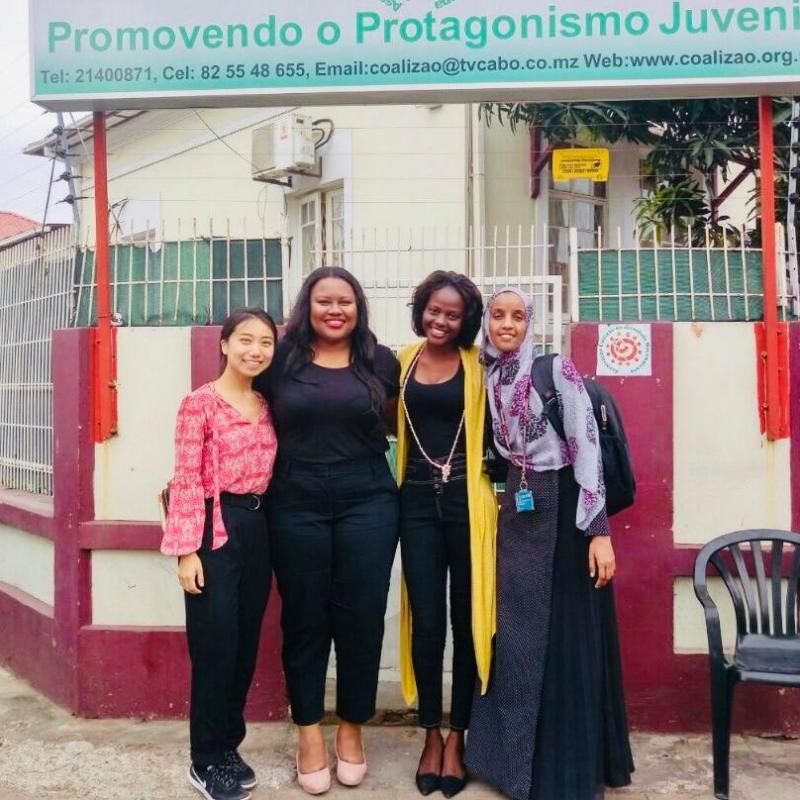Breadcrumb
A social justice advocate with a background in community engagement in Sierra Leone, Fatou Wurie (MPP 2016) joined the Master of Public Policy in 2016 with the aim of scaling up her work to the international level.
“Everything I’d done in my studies and career before the MPP was focused on community mobilisation and advocacy, but I recognised that this wasn’t enough. I wanted to be part of the systematic change within national and global humanitarian structures, and for that I needed to learn policymaking and implementation. That brought me to the Blavatnik School of Government.”
As a practitioner with extensive professional experience, Fatou was drawn to the practical side of the course.
“I loved the structure of the programme; I didn’t want something purely theoretical. I knew that if I decide to go into government later in my career, the MPP would give me the tools and the skills to make it a success.”
Fatou’s first role after finishing the course was as a consultant for UNICEF based at the New York headquarters. She coordinated a USD 1.7 million project supporting digital and financial innovation to achieve gender equality across 14 countries. This work to engage adolescent girls (aged 13 to 19) through innovative solutions to help reach gender equality was a break with the organisation’s traditional approach to gender-based programmes. She also investigated how UNICEF could support its country offices in Mozambique, Côte d’Ivoire and Pakistan in scaling digital solutions for adolescent girls.
“We’re seeing an increasingly digitalised world and we need to participate in that from a gendered perspective with the aim of ensuring accessibility, bridging the gender gap, and harnessing gender data. Often, digital solutions are not designed for girls.”
This included the development of information systems to improve access to sexual and reproductive health services, and tools to raise awareness of menstrual health and hygiene. A further focus has been helping girls gain the skills needed for learning and employability.

She is now the emergency specialist for a project bridging the gap between emergency personnel and digital innovation and communication teams. This cross-sector project promotes digital technology as a way to connect with and strengthen accountability to affected populations in emergency contexts. “At UNICEF, we’re working on people-centred protection and accountability. By using technology, we can be in direct contact with citizens and integrate their voices for more responsive programming.” She also documents best practices and assesses the effectiveness of different tools.
Additionally, she is working on the set up and use of a digital tool (U-Report) for reporting sexual abuse and exploitation committed by aid workers in emergency contexts. UNICEF is part of a commission on the prevention of sexual exploitation and abuse by humanitarian aid workers, and digital solutions are integral to this work.
Looking back on the course, she considers the core modules in the first term to have been the most useful for her work, as well as the optional module on political communication.
“Economics has turned out to be the most practical thing, and Foundations gave me the chance to go back to philosophy and political economy.”
In the future, Fatou hopes to continue to use her policy training, whether at the international level in NGO work, or in government back in Sierra Leone to create systems that are responsive to the voices and needs to the people these organisations serve.
Fatou was an Africa Governance Initiative scholar.
March 2019

